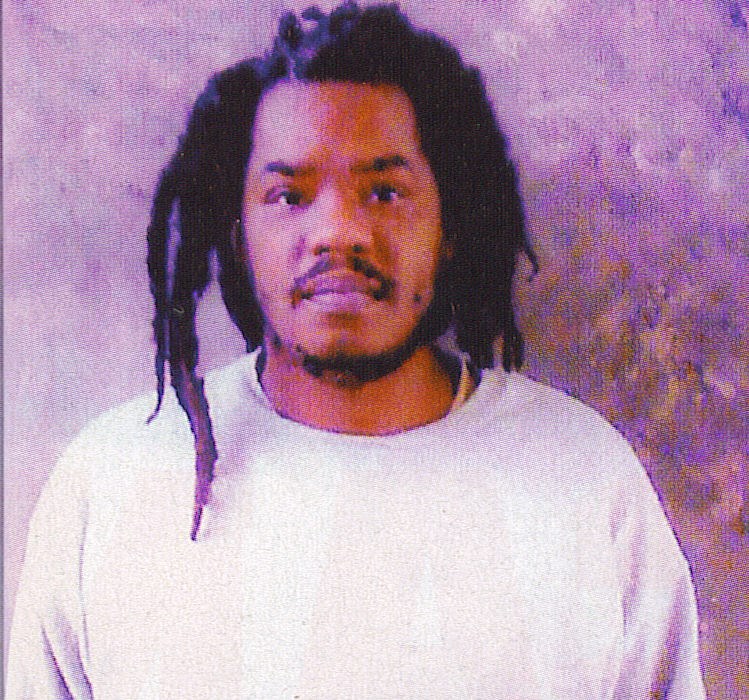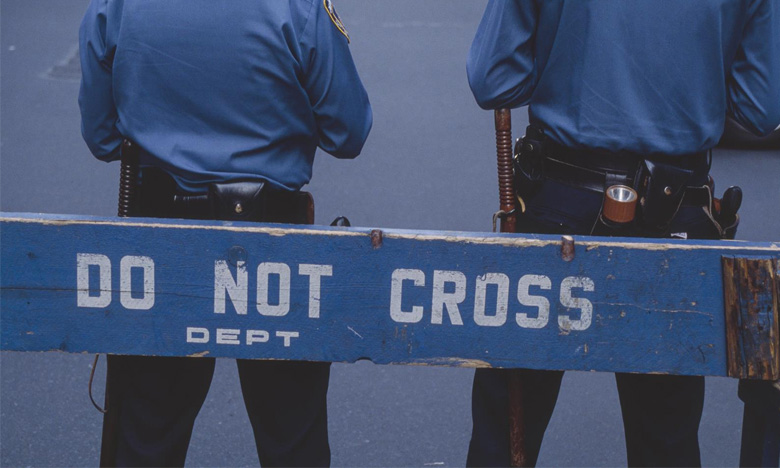When Howard “Pappy” Mason made bail, he formed an imaginary gun with his thumb and index finger, turned to the prosecutor and pulled the trigger. Which must have been worrisome, given that Pappy had just been freed by a hung jury in a murder trial in which he was accused of killing Lorenzo “Fat Cat” Nichols’ parole officer. The supposed motive? The parole officer had dared to send Nichols back to prison.
It was February 1988, and Pappy was ready to terrorize the streets of Queens again. But this time he would be out of jail for only 10 days — just long enough to orchestrate events that would shock the nation and kick the latest version of the war on drugs into gear.

Drinking a beer on a South Jamaica street corner, Pappy was confronted by an NYPD cop. “Do me a favor,” the officer said, “don’t drink beer in front of me.” The stunned Pappy asked, “Do you know who I am?” “Yeah, the guy who’s going to put his beer in a paper bag,” the officer answered. “Fuck you!” Pappy screamed, shoving the cop. After a brief melee, Pappy walked off in a rage, his beer spilled all over the sidewalk. “That cop has to die,” he muttered to himself, according to Cop Shot, by Mike McAlary. “He dissed me.”
A week later, Pappy was back at Rikers Island on a gun charge for the derringer he liked to keep in his boot. The cop he’d threatened was pulled off his beat after police received word that Pappy had instructed his underlings, members of a gang called the Bebos, to send a message to the NYPD. The announcement? That even from prison, Pappy was still giving the orders. He sent out a brief but chilling missive: “We lose one. They lose one.” Pappy wanted a cop hit, and his followers were more than willing to comply.
“He was feared, loved and respected,” says Char “Shocker” Davis, Pappy’s trusted lieutenant, who’s doing 405 months in federal prison for Bebo-related crimes. “A lot of people thought he was crazy.… The way he talked, his whole swag, he was like a gangster god.” But Pappy also instilled a sense of honor in his men, Davis says, by telling them not to sell to pregnant women, kids or elderly ladies.
But the hip-hop hustler who got his start as Fat Cat’s enforcer before forming his own crew was a loose cannon. He hated cops, rebelled against authority and was prone to violence. When the South Jamaica crack wars turned New York City into a killing field, Pappy held court in the streets and reigned supreme. He was the crazy guy that other crazy guys feared, and the baddest man on the block. Simply put, Pappy was one of the most feared men in the city’s five boroughs and had even become a part of gangster rap’s lyrical lore.
50 Cent immortalized Pappy in his 2001 song “Ghetto Qu’ran,” glorifying the cop killer who was convicted of ordering the murder of 22-year-old rookie police officer Edward Byrne. Byrne was shot five times in the head while sitting in his patrol car on Feb. 26, 1988, by four men who made good on Pappy’s homicidal jailhouse order.
Pappy’s Pablo Escobar–like narco-terrorism was meant to intimidate police and potential witnesses, but the cop killing had the opposite effect: It galvanized the NYPD and became a critical turning point in America’s war on drugs. As drug dealers became Public Enemy No. 1, the city’s law enforcement agencies formed a wide-ranging narcotic task force to take back the streets.
“He defied the police in the street. He defied them in jail,” says BC, a Queens native and former convict who prefers not to be named. “Some niggas don’t bend, they don’t move, they fight. It’s in the nature of a nigga like Pap.… He was crazy, but that don’t take nothing away from him.” BC notes how Pappy inspired love and respect in some: “His influence was so strong. He was a big presence in Queens.”
Pappy’s lawyer entered an insanity plea on his client’s behalf at his November 1989 trial on federal racketeering and conspiracy charges related to the murder of Officer Byrne. But the judge wasn’t having it. Four men — the triggerman and three cohorts — had already been sentenced to 25-to-life in a separate state trial, and now the feds wanted the man who they said had given the order. Pappy’s disruptive courtroom antics — jumping up and doing pushups — got him banished from the proceedings. He listened to his own trial on a specially installed speaker system inside his cell.
After a two-week trial in the U.S. District Court in Brooklyn, the jury deliberated for 13 hours over the course of three days. Pappy was found guilty of 11 drug-related and conspiracy charges, including the murder of Officer Byrne. He’s currently serving a life sentence in Florence, Colorado.
The prosecution’s star witness, Viola Nichols — Fat Cat’s sister — told the court that Pappy had arranged the officer’s murder because another cop had “disrespected” him for drinking beer in public.

